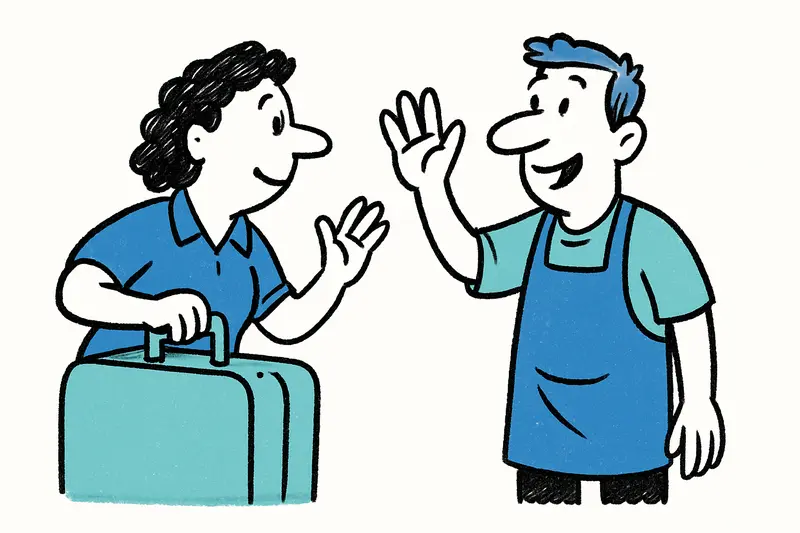On Mallorca, many people take on multiple jobs to cope with rising rents and living costs. A look at reasons and consequences.
When one job isn't enough: everyday life between shifts and seasons
Early in the morning at Plaça Major I often see the same scene: the hotel maid who is carrying the suitcases waves to a young man who will soon have to start his shift in a bakery. After that there is another mini-job as a courier. This is not an exception but everyday life for many people here.
Numbers that wake you up
A recent Randstad Institute survey states that on the Balearic Islands around 84.2% of workers have at least temporarily held multiple jobs. That is clearly higher than the Spanish average and a record in national comparison. You can feel the statistics on the streets of Palma, Port de Sóller or in small supermarkets at the edge of the island.
Why is that?
The reasons are simple and annoying at the same time: Rents are rising, holiday homes eat up housing and the ongoing costs (electricity, water, groceries) bite hard. Added to this are the peculiarities of our island economy: seasonal work, many part-time contracts and wages that often barely cover the essentials. So someone who works in a restaurant in the morning, cleans in the afternoon, and drives a taxi in the evening is not doing it for adventure.
I know a nurse from Son Ferrer who has been additionally working in a call center for two years – fixed shifts alternate with evenings agreed informally. She says: “I am tired, but without the second income it simply wouldn't work.” Such voices are heard often.
How does that differ from Germany?
Comparisons show: The cost of living excluding rent is often lower in Spain than in Germany, but the real purchasing power of many workers is weaker. Higher minimum wages, more stable social benefits and, partly, moderate rents on the mainland reduce the need for multiple jobs there.
What does that mean for health and family?
The burden is noticeable: fatigue, less leisure time, social tensions. About a quarter of respondents report significant stress, some see consequences for health and relationships. There is also the insecurity of many side jobs – often informal or seasonal, without adequate protection.
The island lives from tourism. That's not inherently bad. But if the final equation is: three jobs instead of quality of life, then something is wrong. We need solutions that go beyond short-term wage increases – affordable housing, more reliable contracts and a social minimum framework that allows living with one job.
And yes: This is also a call to those who invest and plan here. Without stable households, another problem could eventually threaten: the island without its people.
Similar News

Mallorca's service providers brace for a lean winter as businesses plan earlier closures
After a weaker summer, many restaurants, bars and shops on Mallorca expect lower off-season revenues. Higher levies and ...

Playa de Palma's Party Strip: Tourists Celebrate – Many Locals Struggle for Money
El Arenal is full of sun umbrellas and sangria, yet the district ranks among Palma's poorest areas. A look behind Playa ...

Palma's Metro to Son Espases Hospital Extended
Balearic Islands president Marga Prohens has announced that the Palma metro line will be extended to Son Espases Hospita...

Imserso sale starts: Senior trips to the Balearic Islands now bookable
From 9:00 AM retirees can book the Imserso trips to the Balearic Islands. Few places, new discounts — and pets allowed f...

Balearic Islands: Why so many people here have two or more jobs
A new study shows: On the Balearic Islands, significantly more people work in parallel than the Spanish average. The rea...
